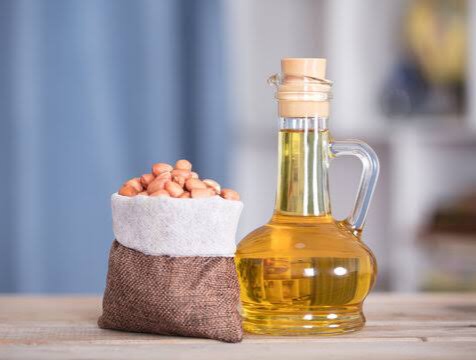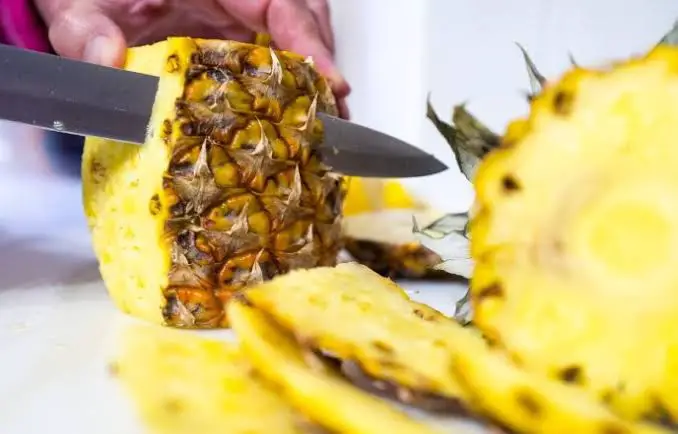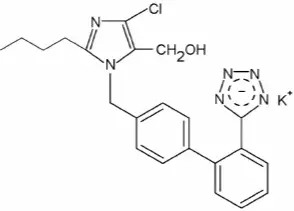
Cranberry juice is often touted for its potential health benefits, including its role in preventing urinary tract infections (UTIs) and promoting overall well-being. However, when it comes to combining cranberry juice with specific medications, caution is warranted. In this blog post, we’ll delve into the question: Can one safely consume cranberry juice while taking Parkinson’s medication? Let’s explore the science, potential interactions, and practical recommendations.
Understanding Cranberry Juice
Before we dive into the specifics, let’s briefly discuss cranberry juice. Derived from cranberries (Vaccinium macrocarpon), this tart and refreshing beverage is rich in antioxidants, vitamins, and minerals. Its potential health benefits include:
UTI Prevention: Cranberry juice contains compounds that may prevent bacteria from adhering to the urinary tract lining, reducing the risk of UTIs.
Antioxidant Properties: The antioxidants in cranberries help combat oxidative stress and inflammation.
Heart Health: Some studies suggest that cranberry consumption may positively impact heart health.
Parkinson’s Disease and Medication
Parkinson’s disease is a progressive neurological disorder characterized by motor symptoms such as tremors, rigidity, and bradykinesia (slowness of movement). Managing Parkinson’s often involves medications that enhance dopamine levels in the brain, such as levodopa (L-dopa) and other dopaminergic drugs.
The Cranberry-Drug Interaction Conundrum
Cranberry juice has the potential to interact with various medications due to its effects on liver enzymes and transport proteins. Here’s what you need to know:
CYP Enzymes: Cranberry inhibits certain cytochrome P450 (CYP) enzymes, including CYP3A4 and CYP2C9. These enzymes play a crucial role in drug metabolism. Inhibition can slow down drug breakdown, leading to higher drug concentrations in the body and an increased risk of side effects.
Example: Cranberry juice may interact with atorvastatin (Lipitor) and nifedipine, affecting their metabolism.
OATP Inhibition: Cranberry also inhibits organic-anion-transporting polypeptide (OATP), a transport enzyme responsible for moving drugs into cells. Reduced OATP activity may decrease drug effectiveness.
Example: Allegra (fexofenadine) interacts with citrus (which inhibits OATP), rendering the drug less effective.
Parkinson’s Medications and Cranberry
Let’s focus on Parkinson’s medications and their potential interactions with cranberry:
Levodopa (L-dopa): The gold standard for Parkinson’s treatment, L-dopa is metabolized by CYP3A4. Although data on cranberry-L-dopa interactions are limited, caution is advised.
Other Dopaminergic Drugs: Medications like pramipexole and ropinirole are also metabolized by CYP3A4. Cranberry may affect their metabolism.
Selegiline: This monoamine oxidase-B (MAO-B) inhibitor is used in Parkinson’s management. While there’s no direct evidence of cranberry interactions, vigilance is essential.
Practical Recommendations
Timing: To minimize potential interactions, avoid taking cranberry juice simultaneously with Parkinson’s medications. Space them apart.
Consult Your Healthcare Provider: Always discuss any dietary changes or supplements with your doctor. They can provide personalized advice based on your specific medications and health status.
Monitor Symptoms: If you choose to consume cranberry juice, monitor for any adverse effects. Report changes to your healthcare provider promptly.
Conclusion
While cranberry juice offers health benefits, its interactions with medications remain an area of ongoing research. For individuals with Parkinson’s disease, informed decisions and open communication with healthcare professionals are crucial. Remember, knowledge empowers you to make the best choices for your well-being.







Leave a Reply